June through November is hurricane season in South Florida. My brother is a meteorologist so I should definitely know a little about the season. Warmer waters means possible more activity and with each passing year the seasons are more active. With potential widespread damage, loss of power, and flooding, setting up a hurricane preparedness plan is more important than ever. Mid-August through September is the peak of hurricane season, so consider NOW the time to stock up on your emergency food supplies to have on hand.
Hurricane Andrew (1992) we went without power for over three weeks. In 2005 we had 4 storms within one year and had loss of power for three of the four. The Federal Emergency Management Agency (FEMA) recommends having a three-day supply of non-perishable food in your home. If we learned anything from the pandemic having a well-stocked pantry can come in handy at any time. The question is can you stock your pantry with a few staple items in a healthy manner? With a little bit of planning and preparation you can definitely have ‘better for you’ options readily on-hand!
Here is a guide to get you thinking on how to stock up and have nutritious food on hand throughout hurricane season. In any natural disaster there is the possibility of losing access to running water and power, and both are factors in surviving, staying hydrated and consuming enough energy (calories) to survive. Additionally, consuming nutrient-dense food vs calorically-dense food, with adequate complex carbohydrates, lean protein, and fiber, will help you stay nourished during this time of emergency. Here a few tips to help you be hurricane-ready this season.
Stock Enough Water
Hydration is a number one priority, so having a sufficient amount on hand is key. FEMA recommends at least one gallon of water per person and pet each day for not only hydrating but also preparing food if needed. Proper hydration is key to survival. Even if your supplies are running low you do NOT want to ration your water. I repeat, you do NOT want to ration your water. Keep in mind hurricane season is during the hottest time of the year here in Miami, even more reason why having a sufficient amount of water on hand is key. Additionally, consider alternative safe sources of water in your home – hot water tank or pipes, and know how to access them.
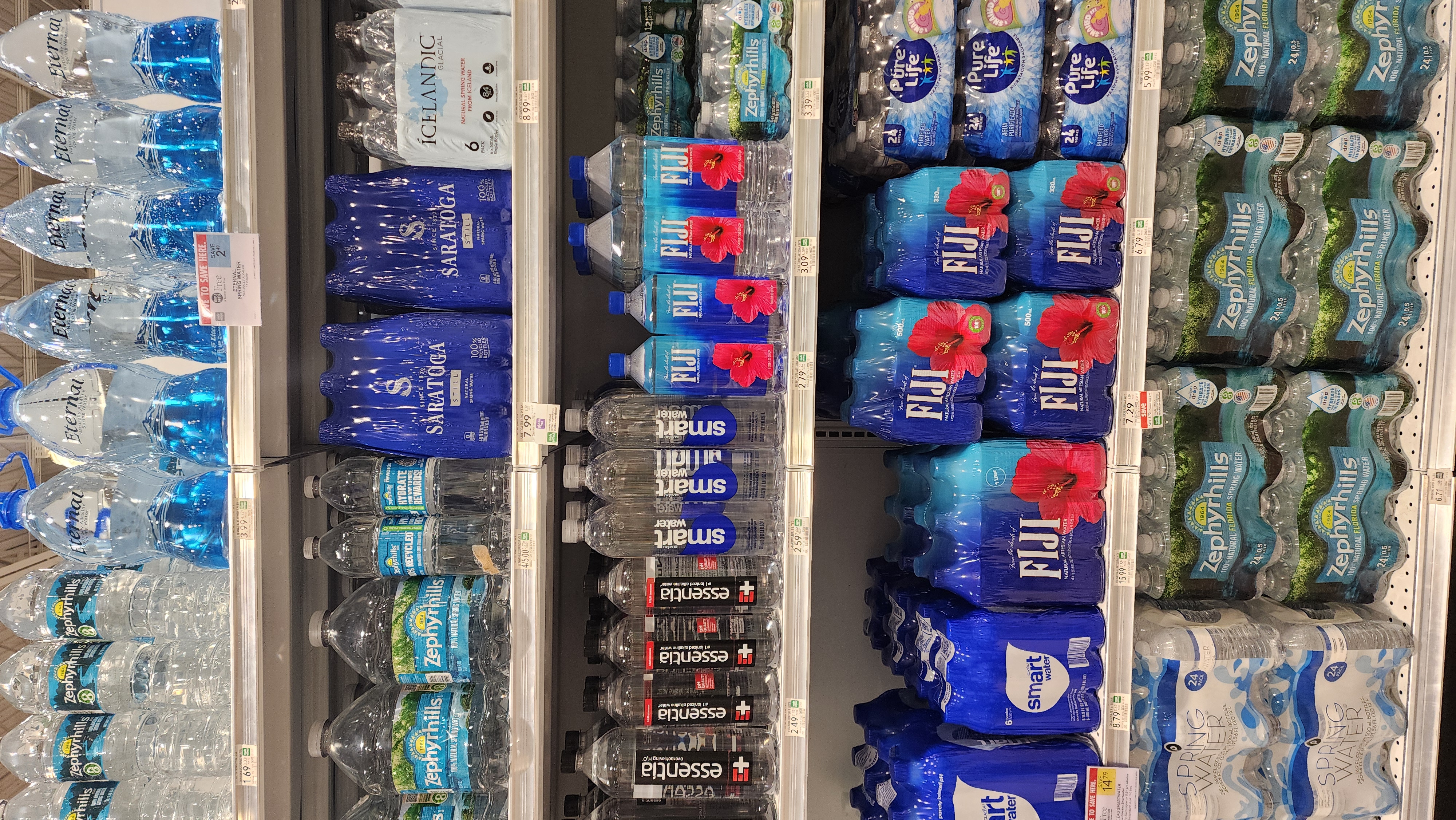
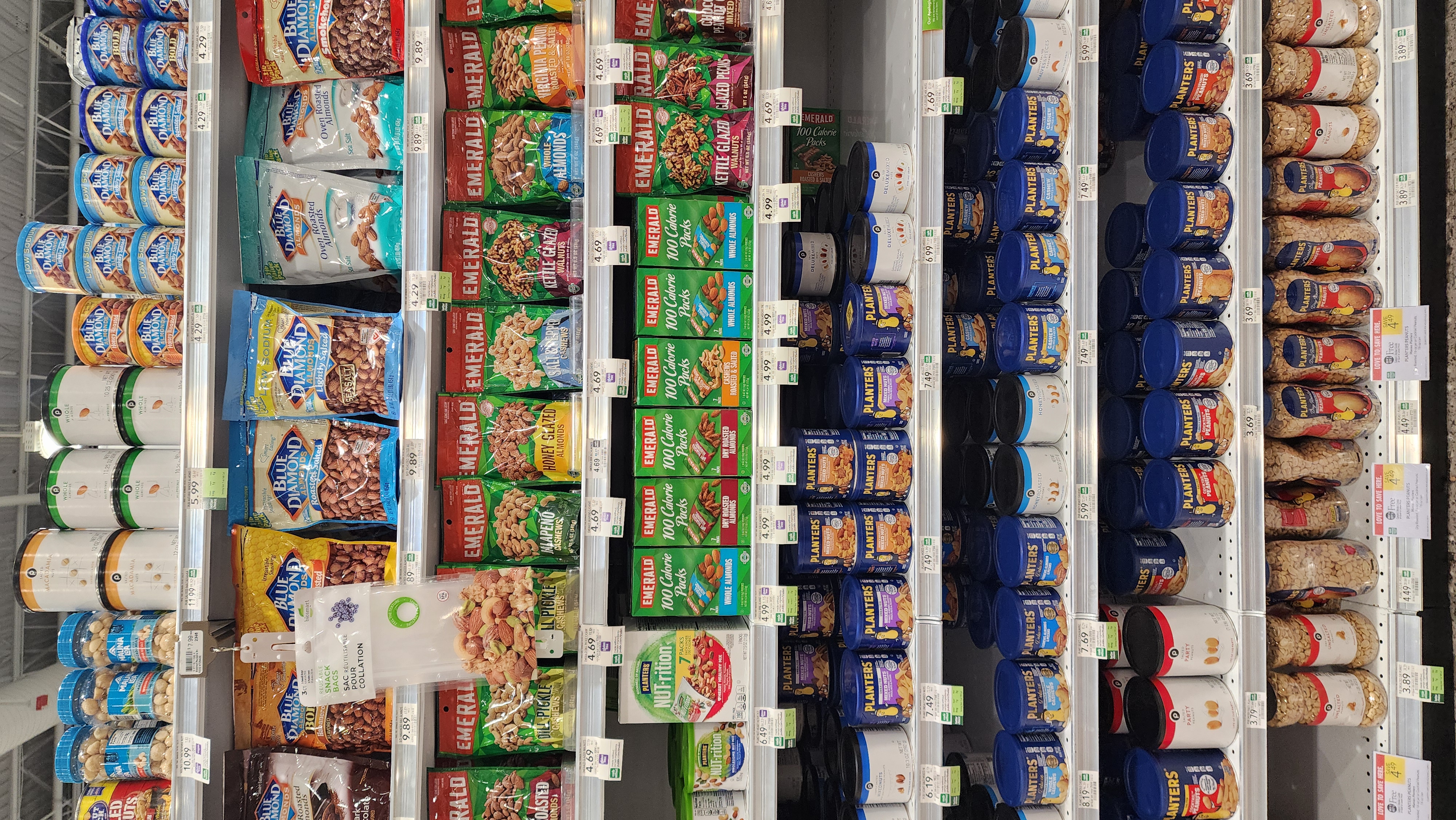
Stock Up on Energy-Rich Foods
While our food supply may be limited at a time with loss of power, it is important to choose foods that give you a lot of ‘bang for your buck’. These foods are described as ‘nutrient dense’ meaning they provide a lot of nutrition in a small amount. Consider beans, they provide lean protein, complex carbohydrates, fiber, vitamins, and minerals. Beans are a food that provides that good ‘bang for your buck’ and even more beneficial is how cost effective they are too!
- Leafy greens, such as spinach, kale and broccoli.
- Whole grains, such as oat, wheat, corn, quinoa and barley.
- Fruits such as berries, apples, and pears.
- Oily fish rich in omega-3 fatty acids, such as salmon and sardines.
- Low-fat dairy products, such as yogurt and milk.
- Lean meats and vegetables such as mushrooms, carrots and bell peppers.
- Foods rich in healthy plant-based fats — such as nuts, seeds and some oils are also nutrient-dense. However, they are higher in calories. So try to control portion size that may be of benefit during a time when food supplies could be limited.
- Foods rich in healthy fats, such as salmon, almonds and walnuts will also help you feel more satisfied after eating.
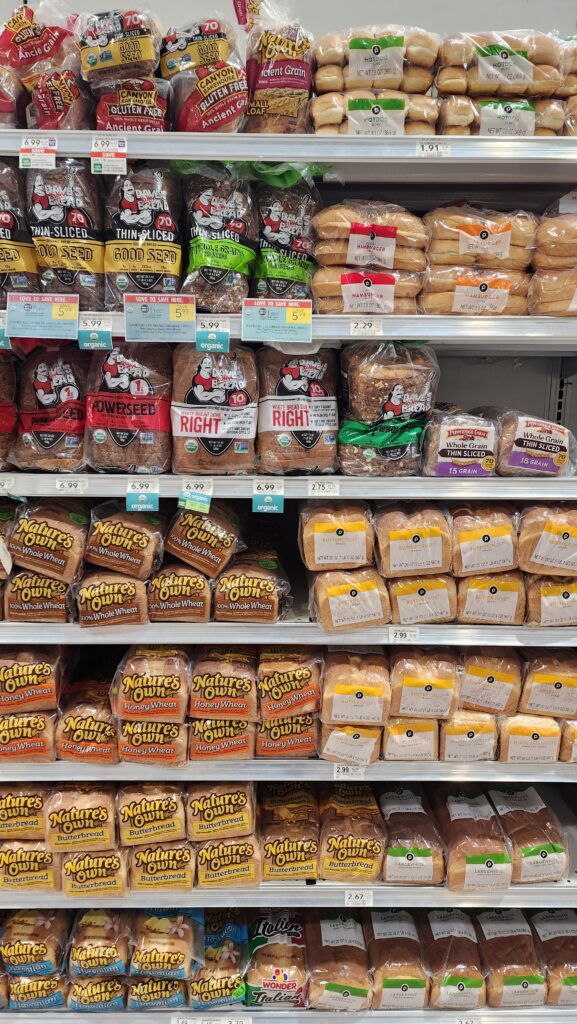
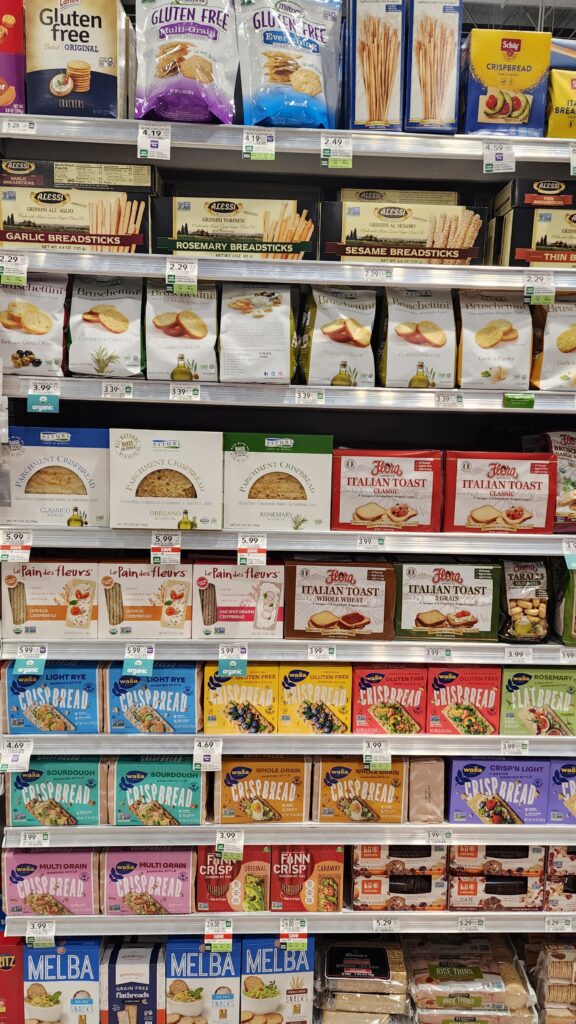
Choose Comfort Foods Sparingly
Yes, potato chips and candy bars can be comforting during stressful times whether it is the pandemic or hurricane season. However, try to limit your consumption of these foods. While food can be a source of comfort it should not be our only source of comfort. Hurricane season is stressful and even more reason to have other stress management outlets to tap into outside of food. Many processed foods are loaded with salt and can actually encourage dehydration. Other processed foods contain a lot of added sugar, which also may give you energy in the short-term but not in the long-term.
Consider Special Dietary Needs
If you or one of your family members has a food allergy or follows a restricted diet due to a health condition, make sure you have enough proper food on hand. Stocking safe foods – gluten-free to dairy-free – for these specific dietary needs is critical when access to doctors and hospitals maybe limited. Additionally, have an EpiPen on hand in case of an unexpected allergic reaction. If you have high blood pressure, aim to have low-to-no sodium food options on hand.
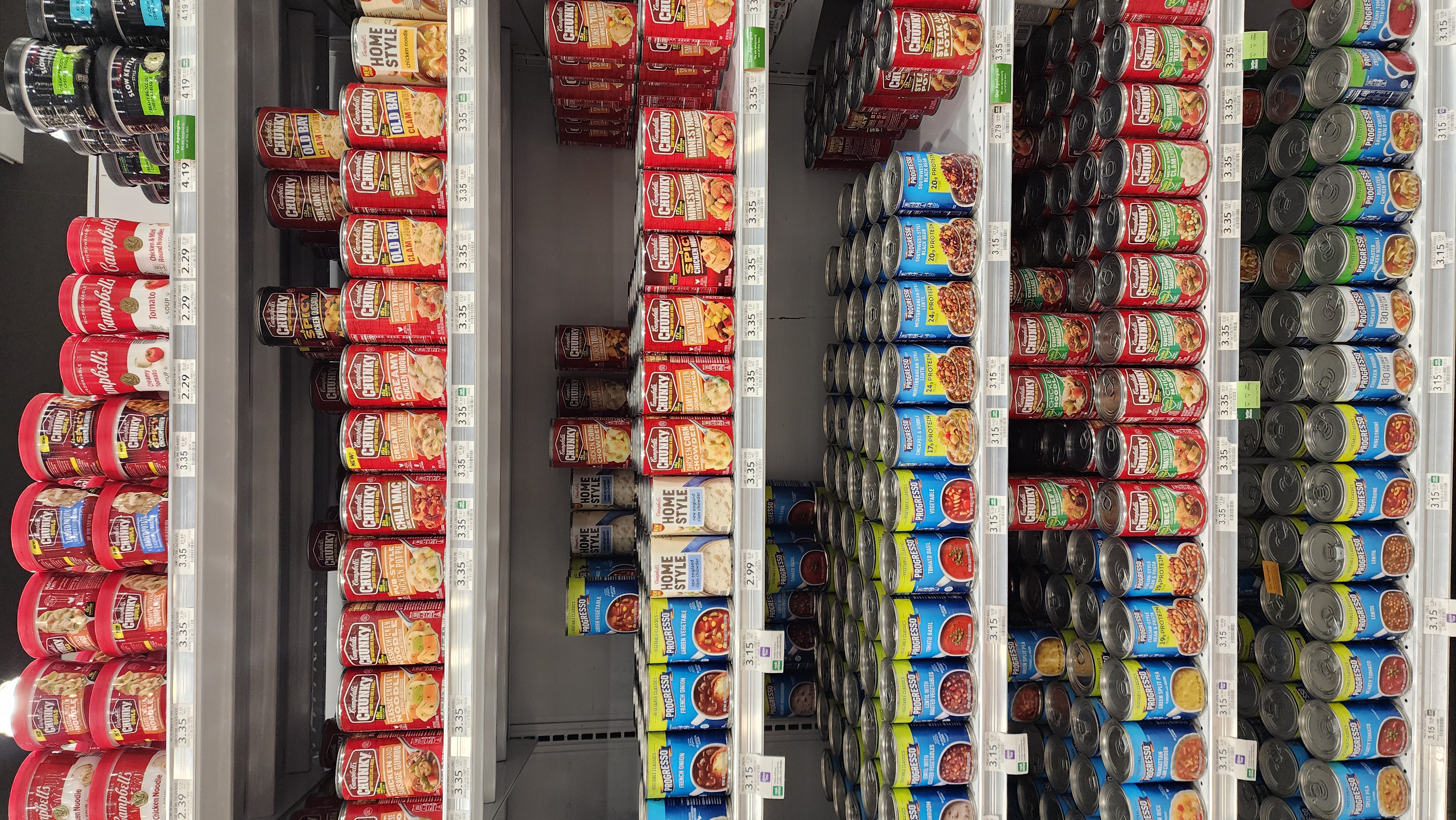
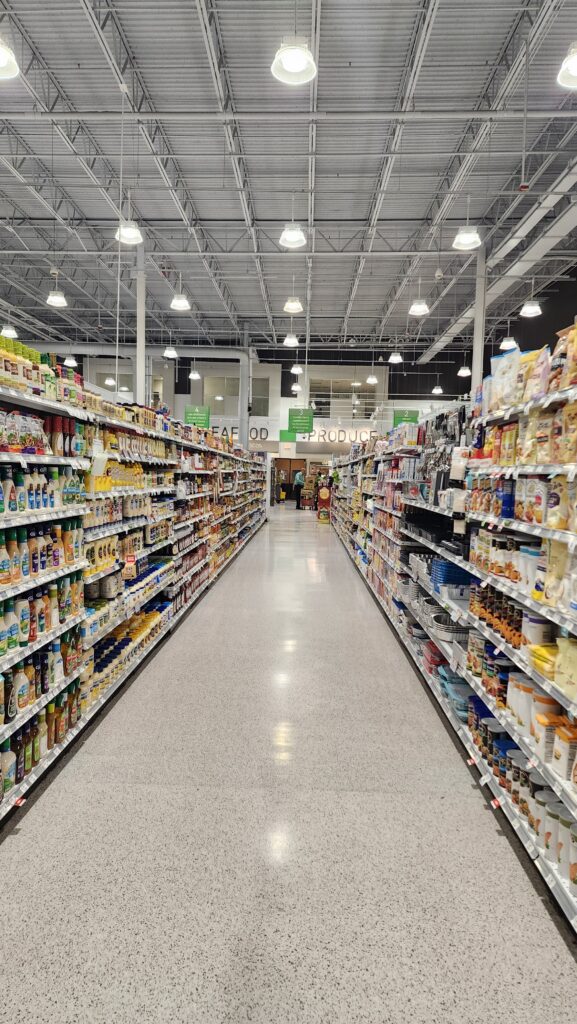
Kitchen Tools and Supplies
You have your kitchen stocked and ready and have all the necessary healthier emergency foods, but are you stocked up with the proper tools and utensils? Having a manual can opener may seem like a no-brainer, however, this kitchen tool might not be on your radar as a tool needed with a loss of power. Some food items do have a pull tab and are easily opened, however, as I’ve been stocking my pantry I’ve noticed some still require the manual can opener and therefore critical for you to be able to access your food. Here are a few other items that you should also have on hand: paring knife, aluminum foil, food storage containers, matches, paper towels, paper plates/bowls/utensils, hand sanitizer, and a first aid kit.
Ideally our approach in an emergency food supply is the same as we would aim to build a healthy plate – including half the plate to be non-starchy vegetables, ¼ of the plate whole grains, and ¼ of the plate lean protein (legumes, nuts, seeds). In addition when it comes to hydration water is key, however, remember that some foods are also naturally hydrating, i.e., fruits and veggies, and these too can help to keep you hydrated!
Shelf stable, non-perishable food is essential when stocking up for hurricane season. These foods have a long shelf life and do not need refrigeration or cooking. Before you rush to the grocery store, check your pantry to see what items you may already have on hand and then make your shopping list. You can shop a little at a time as it leads up to hurricane season so you do not have to buy it all at once.
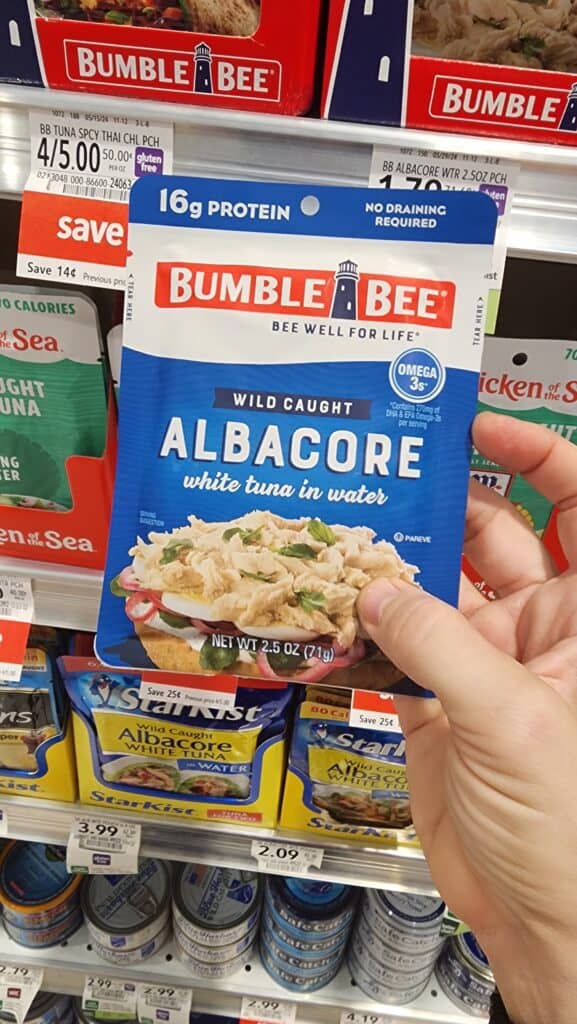
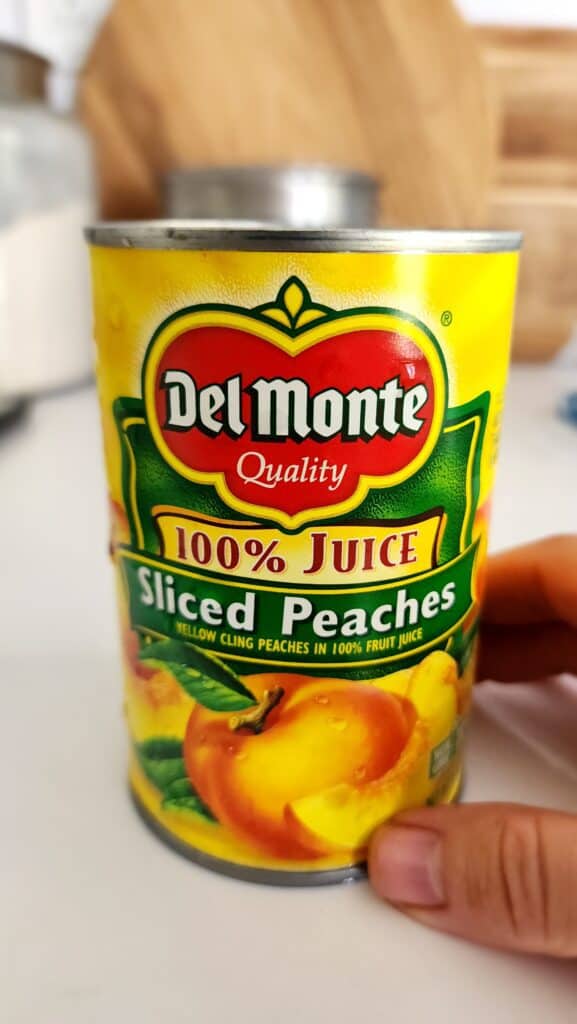
Sample Shopping List
Canned Goods:
- Beans and legumes: black beans, chickpeas, lentils – look for ones that are low to no added sodium.
- Applesauce – just apples, no added sugar.
- Vegetables – green beans, artichoke hearts, carrots, beets.
- Tuna, salmon, smoked fish, and sardines.
- Lower-sodium soups.
Dried Fruits
- Many dried fruits have added sugar. Apricots, figs, dates, raisins, are dried fruits that are just the fruit dehydrated and no-added sugar. Check the ingredients to be sure.
Nuts and Seeds
- Almonds, pistachios, cashews, walnuts, peanut – have a variety on hand – no added salt and/or lightly salted.
- Sunflower, pumpkin, chia, flax seeds;
- Nut butters: peanut, cashew, almond.
Other foods that can be safely stored at room temperature (for extended periods): whole-grain bread, crackers, and popcorn. Apples, oranges, carrots, celery, and olive oil. All can help contribute to healthy eating during a hurricane. A few additional items to have on hand during hurricane season:
Beverages
- Instant coffee
- Sports drinks (with electrolytes)
- Evaporated or powdered milk
Fresh Fruit
- Apples
- Oranges
- Grapes
Whole Grains:
- Whole grain crackers, whole grain bread
- Bulgur (add hot water and its ready)
- Oatmeal – rolled oats
I’m not sure if we’ll ever be ready for hurricane season. However, can you be ready to feed yourself and your family nutritiously if/when a storm comes? Be prepared. Be ready, set and safe!
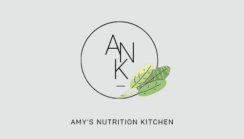

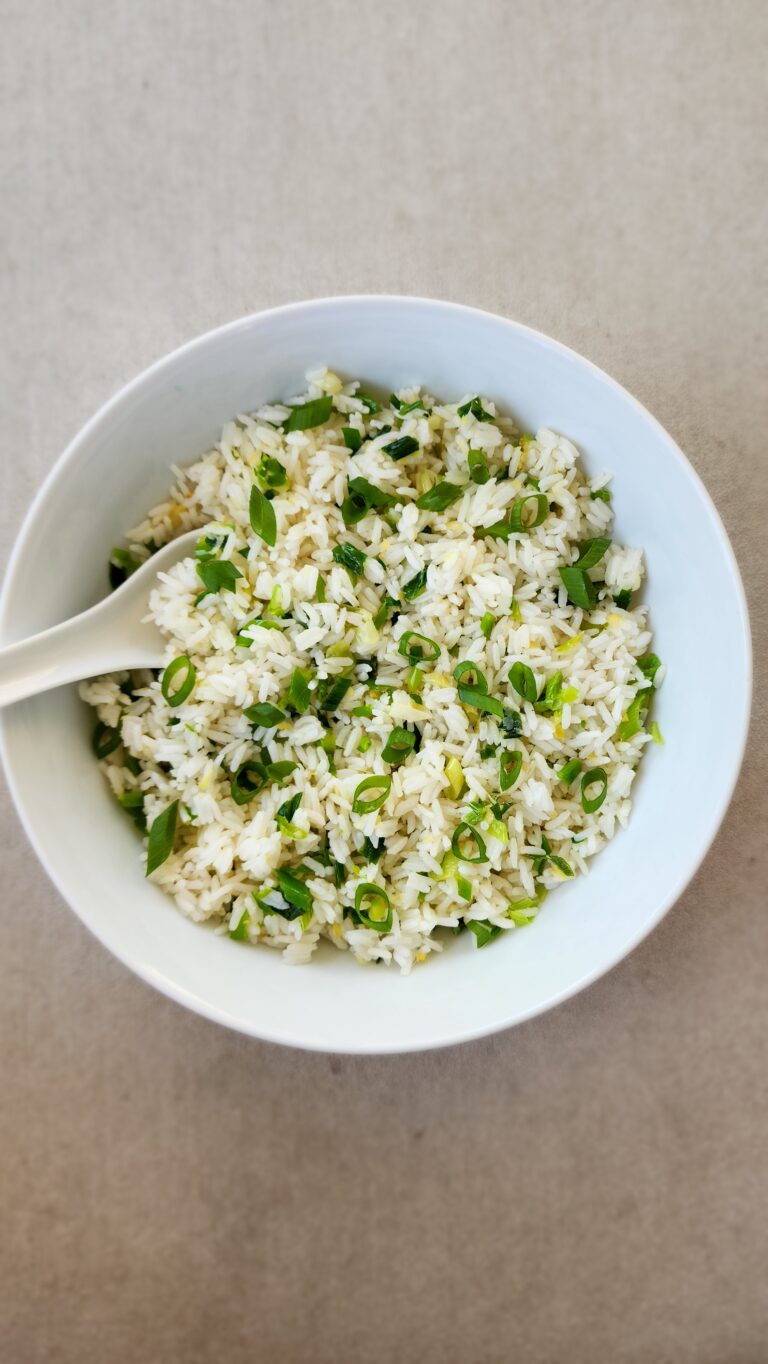
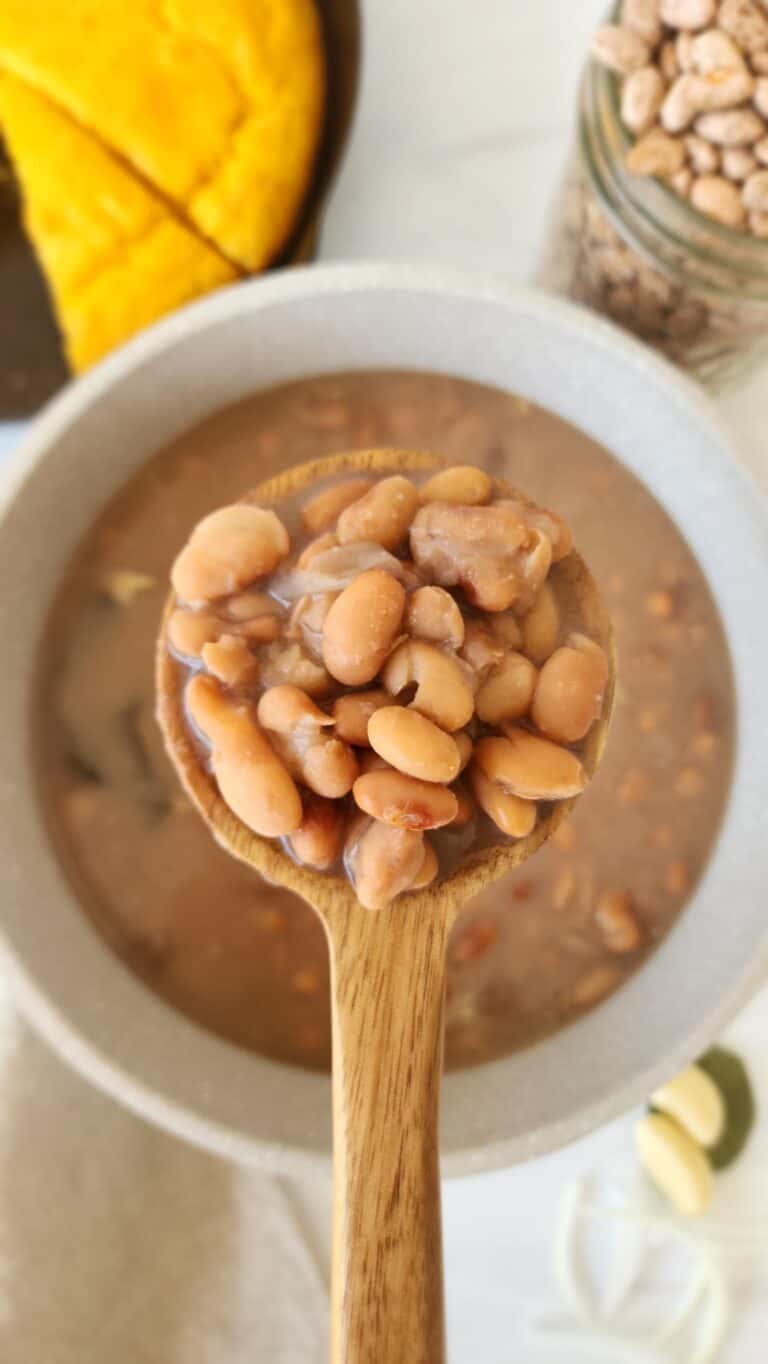
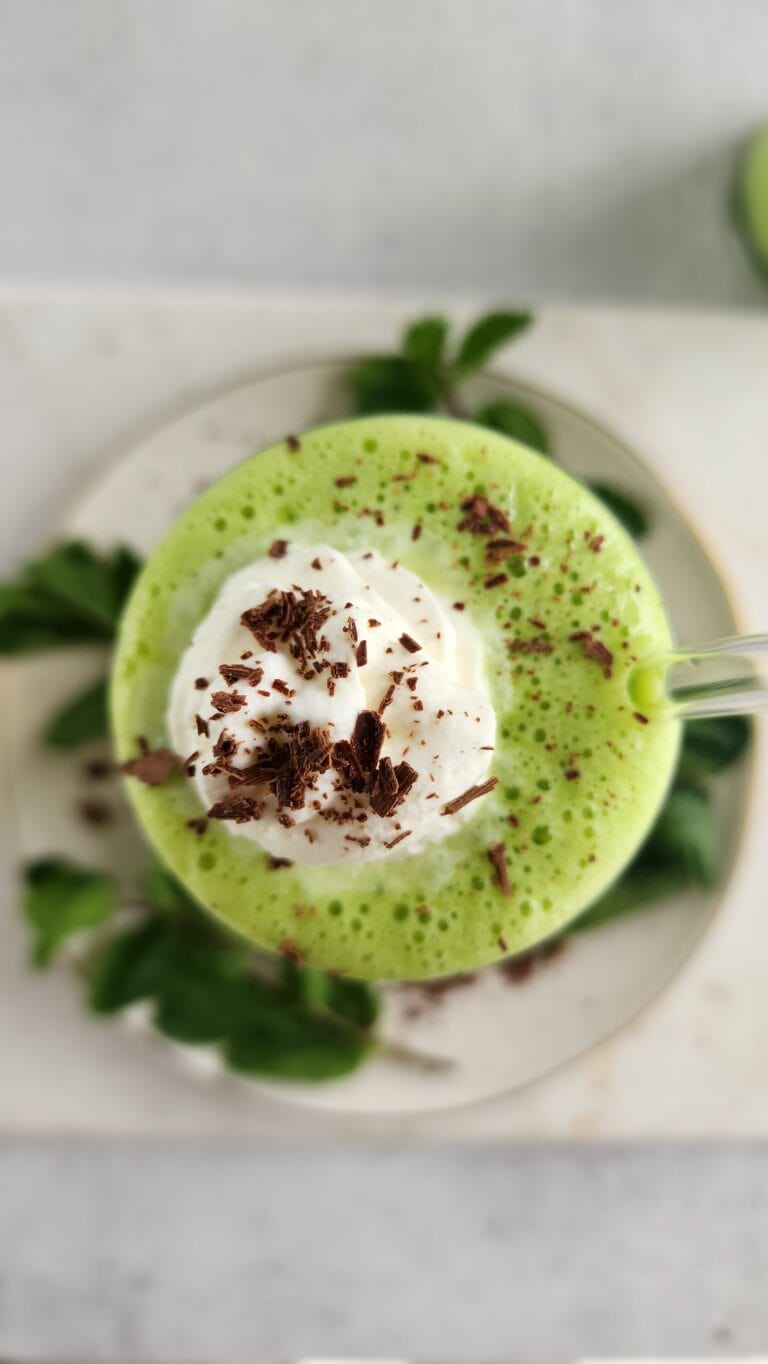
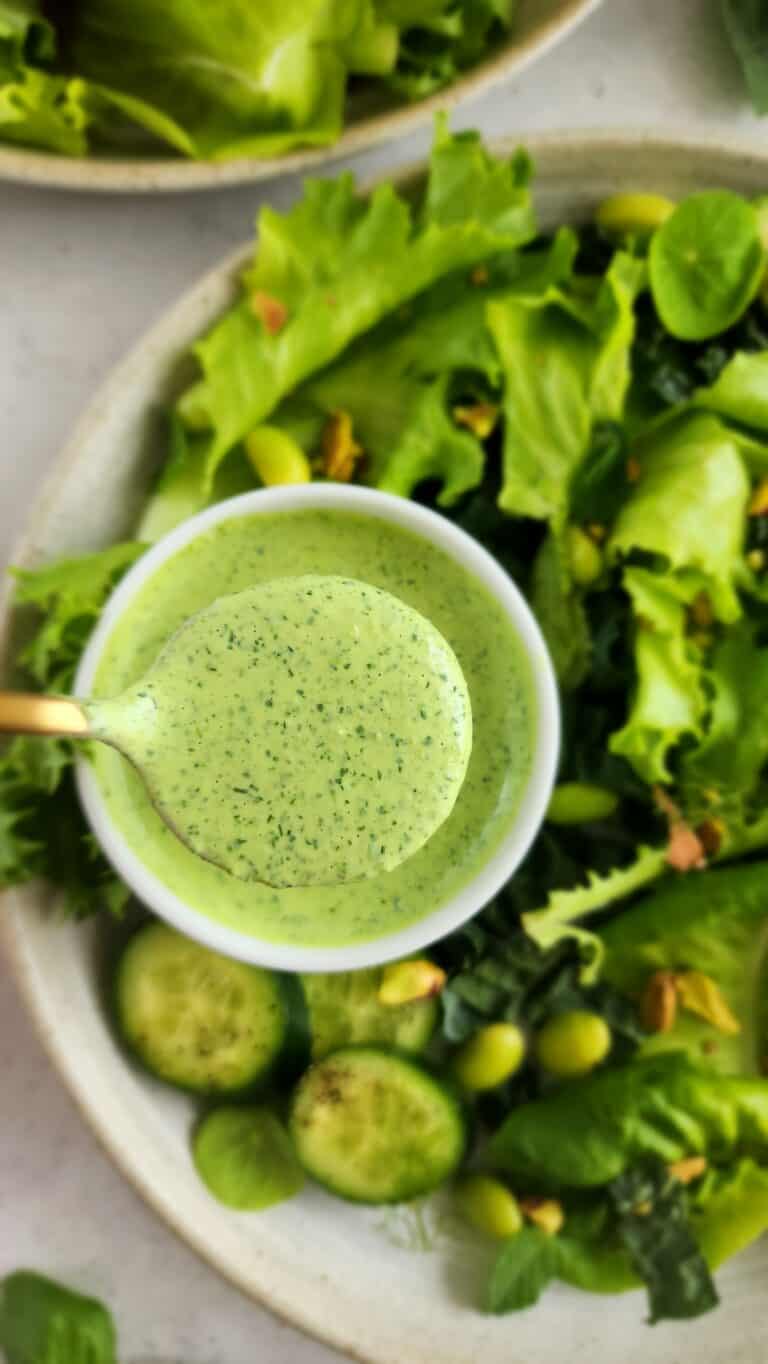

1 thought on “Hurricane Season – Food Supplies”
Thanks for the ‘shopping list’ – need to start preparing for hurricane season (and hope I never have to use!)